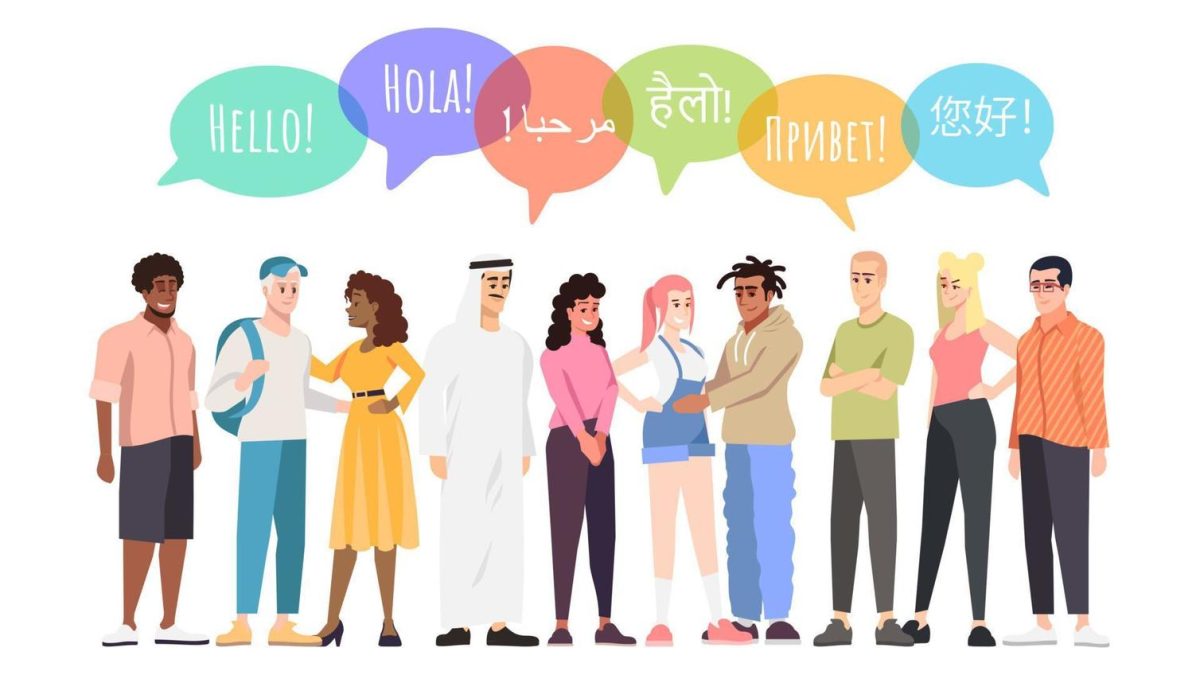Communication in The Community

Photo Credit : BSD_Studio
It is known that a community is established by us, for us, and from us. The dynamics and group interactions within the community determine its future development. A community can progress if the individuals within it have equal status and standing, allowing for continuous dialogue in the processes of education and joint development. Conversely, if interactions are not dynamic, and if oppression and inequality occur, then the community will not achieve its full potential, as this contradicts the process of its founding.
The community greatly relies on the participation of its members. Therefore, it must serve as an educational platform that accommodates all its members by engaging in dialogic communication, thus ensuring that all involved individuals have equal opportunities to think, speak, and act (Praxis).
Dialogic communication is an approach in the field of development communication. This type of communication emphasizes mutually beneficial interactions among all communicators by engaging in open, equal, and fair communication, aimed at reaching a shared understanding. Paulo Freire, a proponent of dialogic education in his book "Pedagogy of the Oppressed," states that education is a dialogic process between teacher and student to jointly create knowledge and understand the surrounding social reality. From this description, we can say that dialogic communication activities as a form of participation in the community are 'essential' to be carried out in the process of community development.
Participation in the context of development communication can be seen through the active involvement of all parties in the development process. It involves not only the participation of community members but also external parties to support activities constructively. Essentially, all parties will collaborate for mutually beneficial goals. According to Servaes, participation will shape the identity of the community. Participation allows all community members to share knowledge and experiences, thereby strengthening solidarity. Rogers, in his book, states that participation can enhance acceptance of the development undertaken.
Once again, the effort to involve participation must be communicated effectively to both community members and the broader society. For this, those who act as messengers must first understand the characteristics of their target audience. This way, the crafted messages can be more easily accepted, and the desired responses, such as in the planning, implementation, and evaluation of development, can be more readily achieved.
In participatory communication activities, the community can lead, motivate, and encourage itself to participate in various social movement actions, solve problems that arise, listen to input from various sources, and take an active part in development. Communities strengthen their collective identity, promote diversity, and advance multicultural expressions and identities through horizontal dialogue to build horizontal participation.
Communication interactions within communities are generally conducted face-to-face. In a study conducted at the Seni Budaya Maja community radio in Bandung, discussion processes are held nearly every night for 2-3 hours by several community members. In observations made by the author, although the discussions are informal and cover various topics, there are moments where environmental issues are discussed. This then becomes an idea for the community to turn into material for the community radio broadcast the following day. The role of community leaders in these discussions is crucial in making decisions about community programs that are, have been, or will be implemented. Community leaders play a pivotal role in influencing and building member participation, developing a culture of community interaction, and shaping the roles and personalities of members and influencing all characters generally within the community.
From the above description, we can conclude that participation is a critical element in community development because the success of a development process in an area greatly depends on the values practiced by its members. However, participation cannot function effectively if the communication built within the community does not consider elements of equality and fairness. Therefore, it is important for community managers to always maintain the dynamics within their communities.
-Diana Anggraeni

